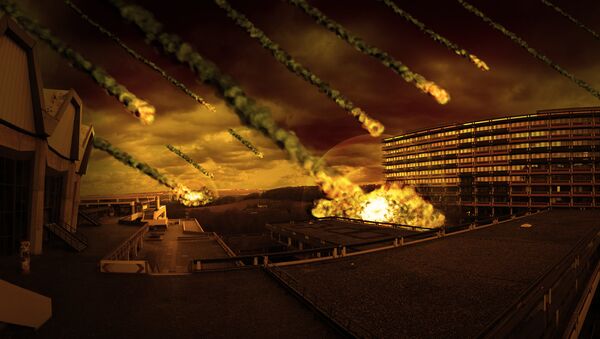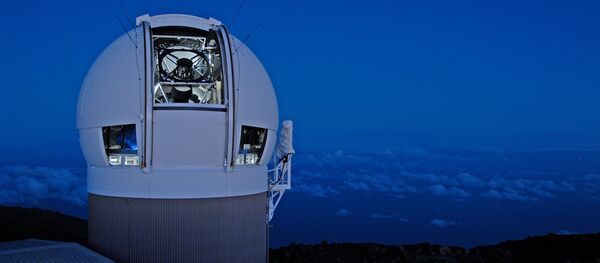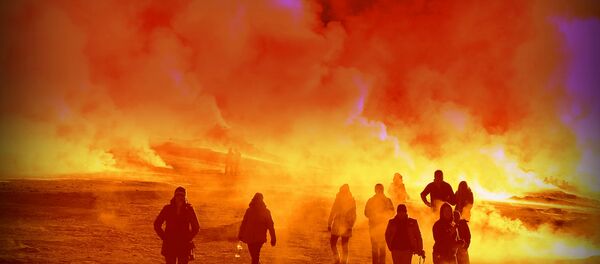The Bulletin's Science and Security Board, which includes 16 Nobel laureates, opted not to move the clock’s hands from where they were placed in 2015, citing tensions between the United States and Russia, continued conflict in Ukraine and Syria, and tensions over the South China Sea. They also expressed concern over nuclear weapon modernization programs.
"Unchecked climate change, global nuclear weapons modernizations, and outsized nuclear weapons arsenals pose extraordinary and undeniable threats to the continued existence of humanity, and world leaders have failed to act with the speed or on the scale required to protect citizens from potential catastrophe. These failures of political leadership endanger every person on Earth,” the report states.
In 2014, the clock had been set at five minutes to midnight, but was moved two minutes closer at the beginning of 2015 due to climate change and fears of a nuclear arms race, a position it remains at this year.
"The challenges to rid the world of nuclear weapons, harness nuclear power, and meet the nearly inexorable climate disruptions from global warming are complex and interconnected. In the face of such complex problems, it is difficult to see where the capacity lies to address these challenges,” the group wrote in 2012.
For 2015 and 2016, the group wrote that the hands "are the closest they've been to catastrophe since the early days of above-ground hydrogen bomb testing,” despite what they referred to as “modestly positive developments,” limiting Iran’s nuclear weapon program and the Paris climate change agreements.
"The clock ticks now at just three minutes to midnight because international leaders are failing to perform their most important duty—ensuring and preserving the health and vitality of human civilization,” the scientists stated.




